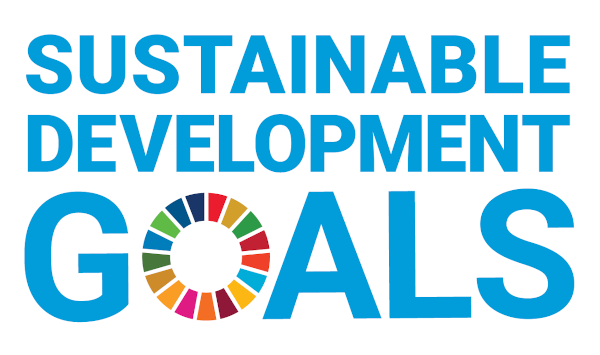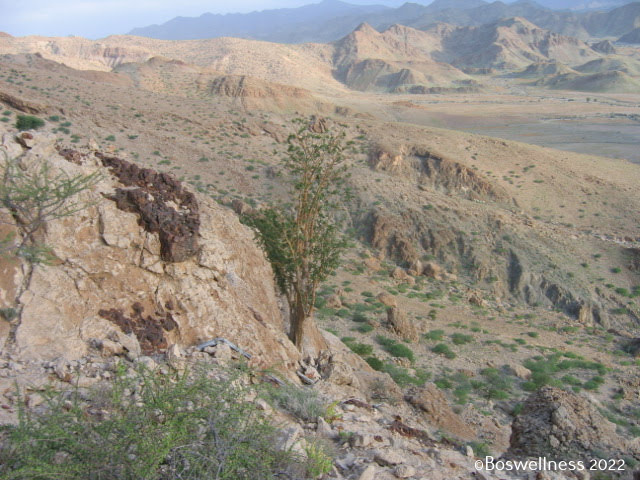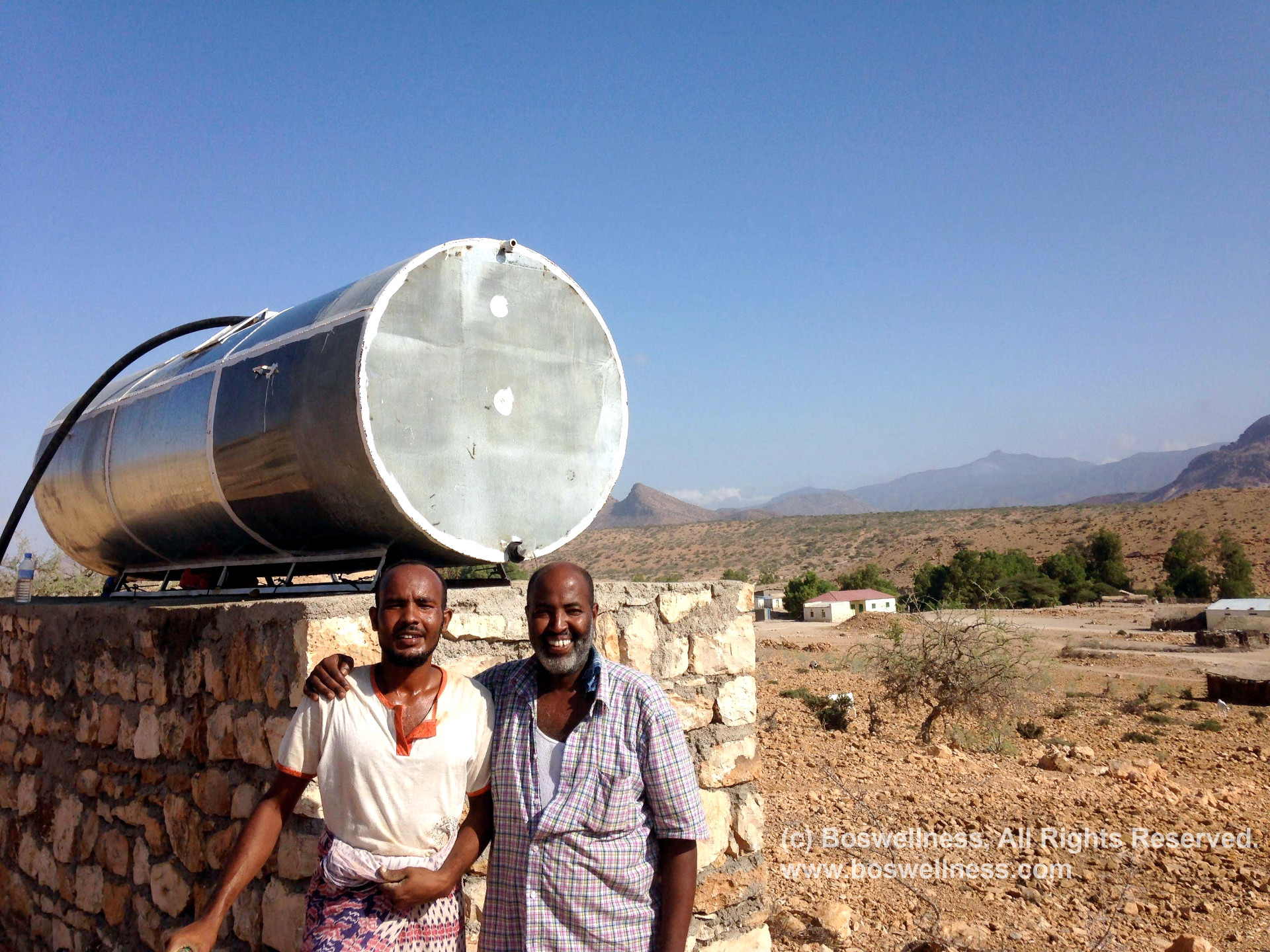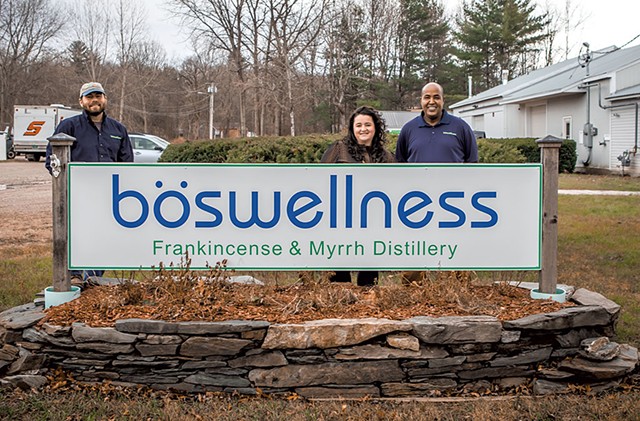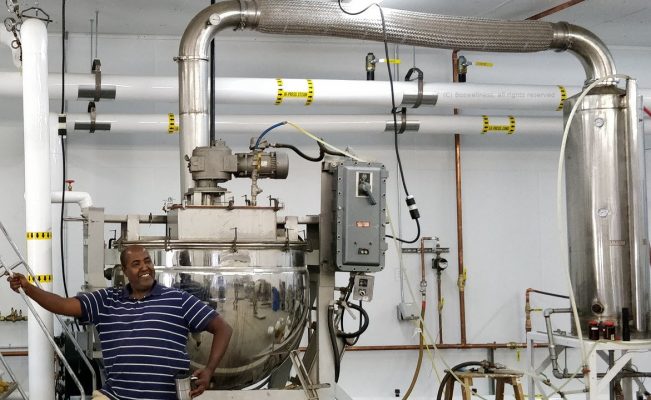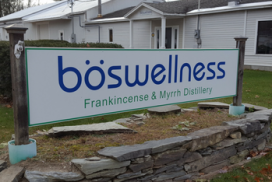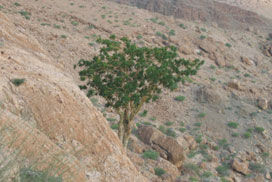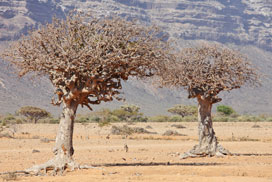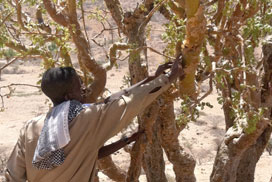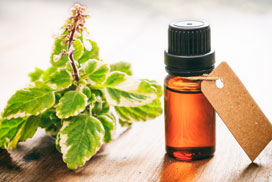We were recently interviewed for WCAX’s Made in Vermont series, please find more details via: https://www.wcax.com/2023/01/16/mivt-colchester-business-specializes-frankincense-myrrh/
Author Archives: Boswellness
Boswellness Supports SDGs
We support all of the UN Sustainable Development Goals (SDGs) in the following ways and more. By partnering with 250 Harvesters in turn supporting over 1,500 family members. By following fair trade practices, resin prices have increased across the industry. Established access to food staples in partnership with local suppliers via a cooperative model ProvideContinue reading “Boswellness Supports SDGs”
About Our Frankincense Sourcing…
We’ve had a lot of people reaching out with questions in response to the viral Vice News video, and while our instinct is to stay out of the fray, we also feel it’s important to address some key points. Frankincense is the second largest industry in Somaliland, and there are tens of thousands of peopleContinue reading “About Our Frankincense Sourcing…”
How We Work
Life moves fast, especially when you’re running your own business. We can get bogged down in the day to day operations, particularly as small business owners who wear many hats. Once in a while, we need to step back and look at the big picture as a reminder of where we began and where weContinue reading “How We Work”
(b)Locked Chains: Solutions and Distractions for International Supply Chains
For months leading up to November 3, 2020, Americans were bombarded with subtle messaging to outright insistence the election would be hacked, rigged, or in some way invalid. Non-partisan analysts within and outside the US government expressed confidence in the integrity of the systems and subsequently the veracity of the results. A mob unhindered byContinue reading “(b)Locked Chains: Solutions and Distractions for International Supply Chains”
Featured in Seven Days
Please enjoy this article about Boswellness from Seven Days (a Vermont weekly publication): https://www.sevendaysvt.com/vermont/vermont-based-boswellness-uplifts-african-communities-that-supply-frankincense-and-myrrh/Content?oid=31896724
In Essence Article – Winter 2020
Frankincense and Myrrh: A Distiller’s Story Creating a successful business with a positive social impact is no easy task. Jamie Garvey, co-founder of a company importing and distilling frankincense and myrrh resins from Somaliland, reports on the challenges. Continue reading…
When the Heart of Your Business is Spirit
We thoroughly enjoyed giving a tour to a group of Certified Aromatherapists at our distillation facility. One of them, Kc Rossi, who is also a talented business coach, wrote this wonderful piece about her visit to our distillery. https://kcrossi.com/heart-of-your-business-is-spirit/
Frankincense – 21st Century Challenges and Opportunities
Boswellness–in collaboration with Somcable, Omaar Int’l, Mount Kenya University (MKU) and Centre for Frankincense Environmental and Social Studies (CFESS)–is pleased to announce a conference assessing 21st Century Challenges and Opportunities. This Somali-led conference, the first of its kind, will take place October 7 & 8, 2017, in Hargeisa, Somaliland, bringing together scientists, sociologists, harvesters, landContinue reading “Frankincense – 21st Century Challenges and Opportunities”
Myrrh Uses
We don’t post enough about myrrh. Here you go! What Is Myrrh? What Are Myrrh Uses? via http://www.herbalremediesadvice.org/ In the horn of Africa, a small native tree, covered in spines, grows in the arid deserts. When the bark is wounded through to the sapwood, the tree exudes an aromatic, oily, yellow oleo gum resin thatContinue reading “Myrrh Uses”
Carteri or Frereana?
We get this question a lot. When it comes to which frankincense species to choose, there are a couple of questions you need to ask yourself: What are you going to use it for? Which scent do you prefer?
It Costs How Much?!!
As many of us in the industry are aware, fragrance oils masquerading as essential oils are rampant. But forget the “industry”. Of course WE know, that’s our job. The people I want to get this message to are the consumers. Consumers of “all-natural” beauty products, “pure” essential oils, “wild crafted” oils, “organic” (notice I didn’tContinue reading “It Costs How Much?!!”

